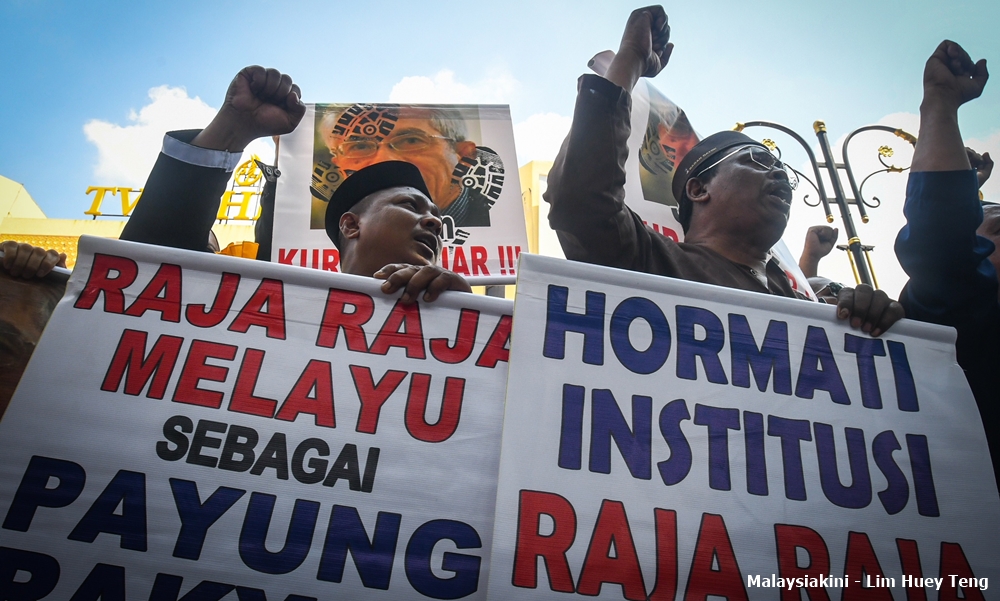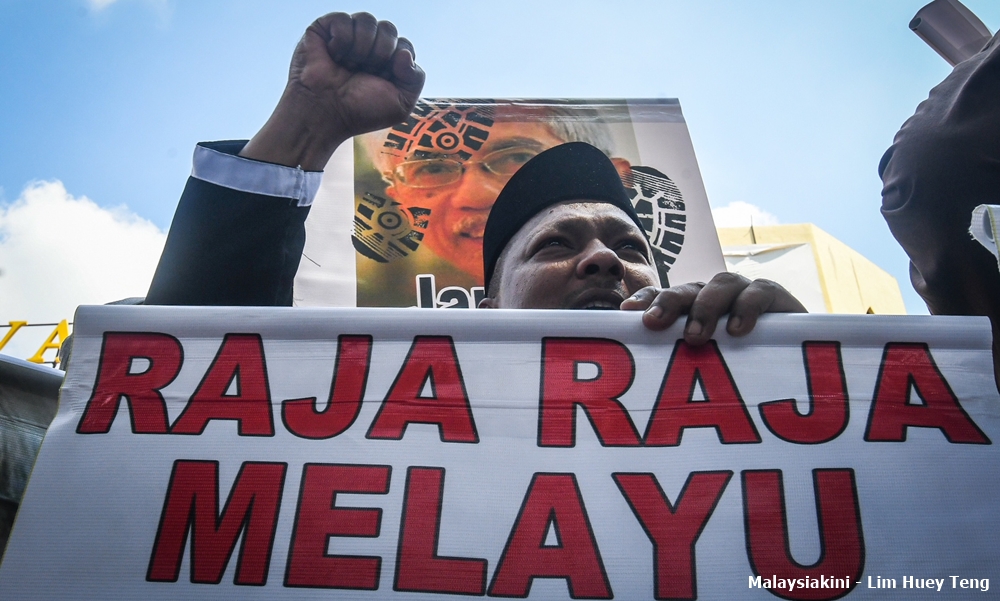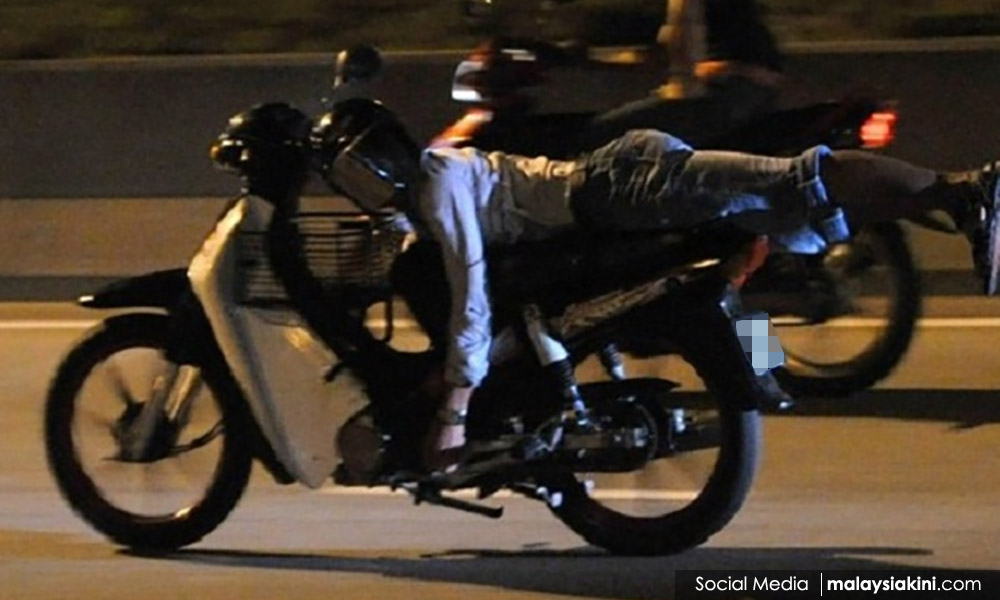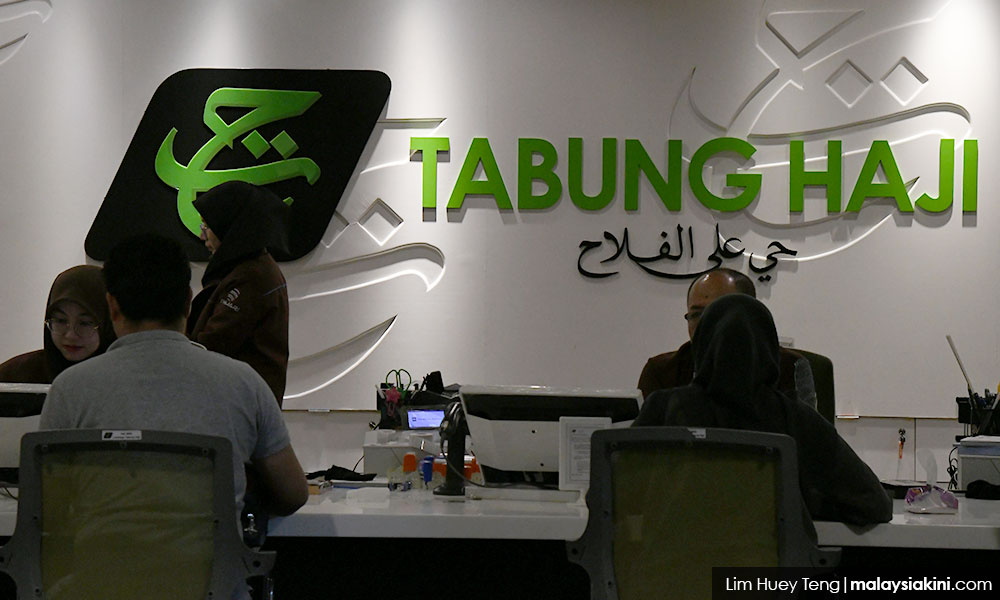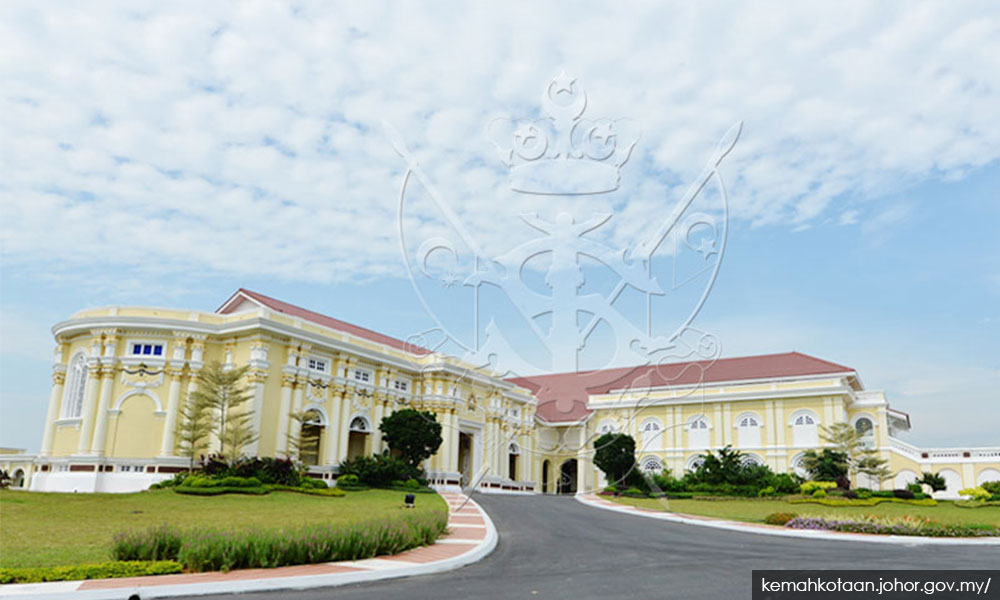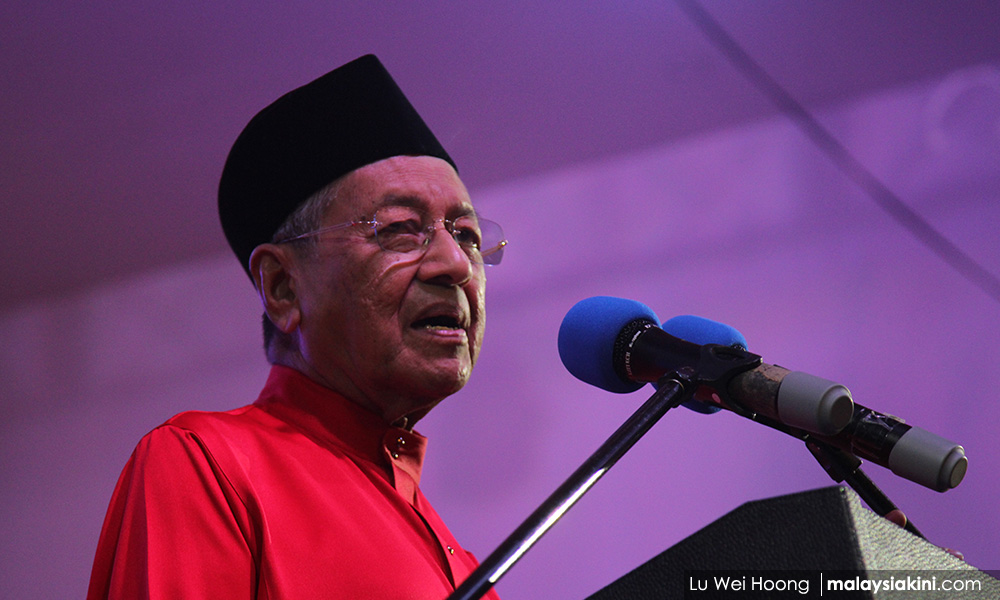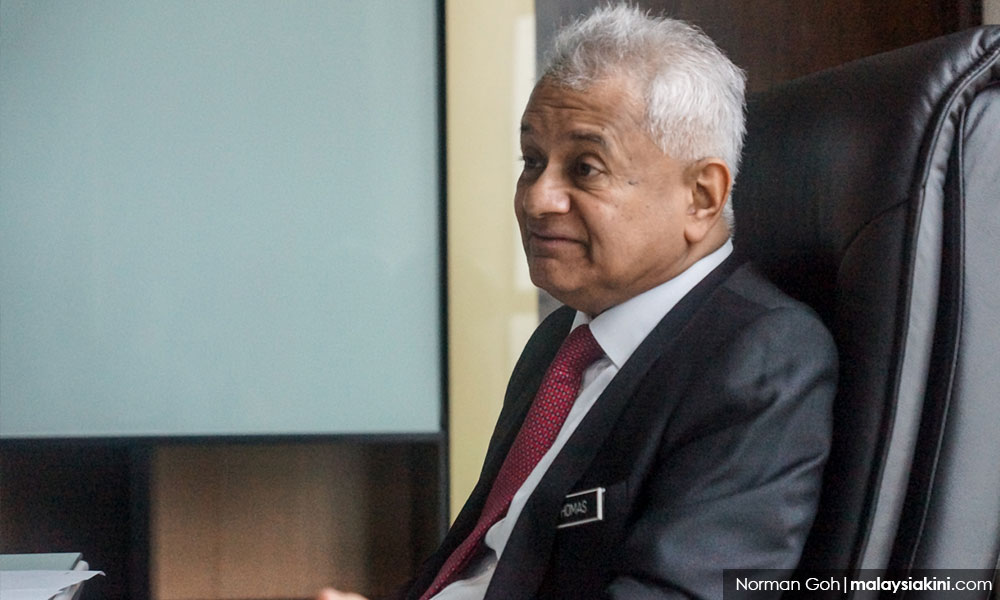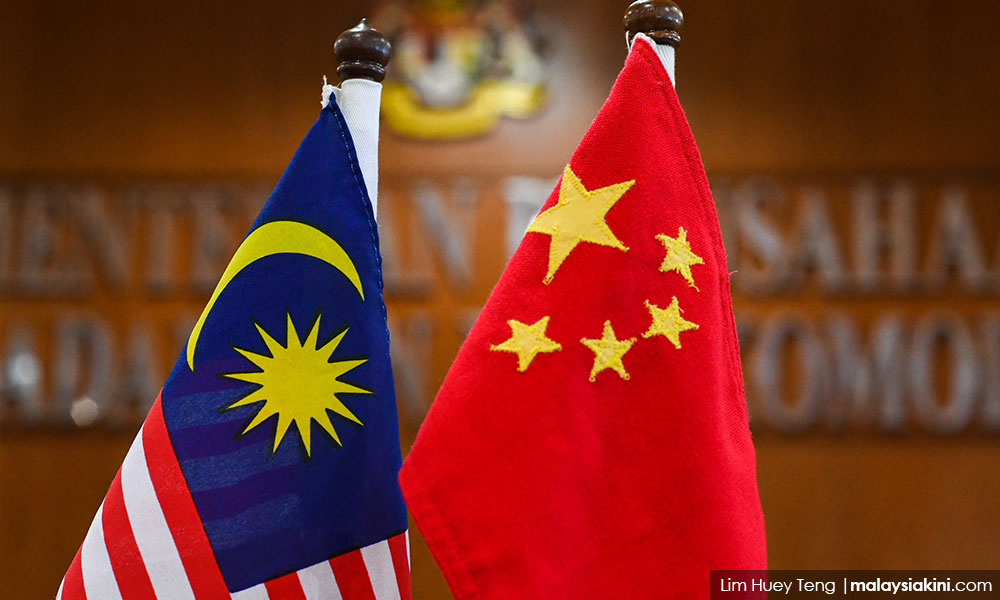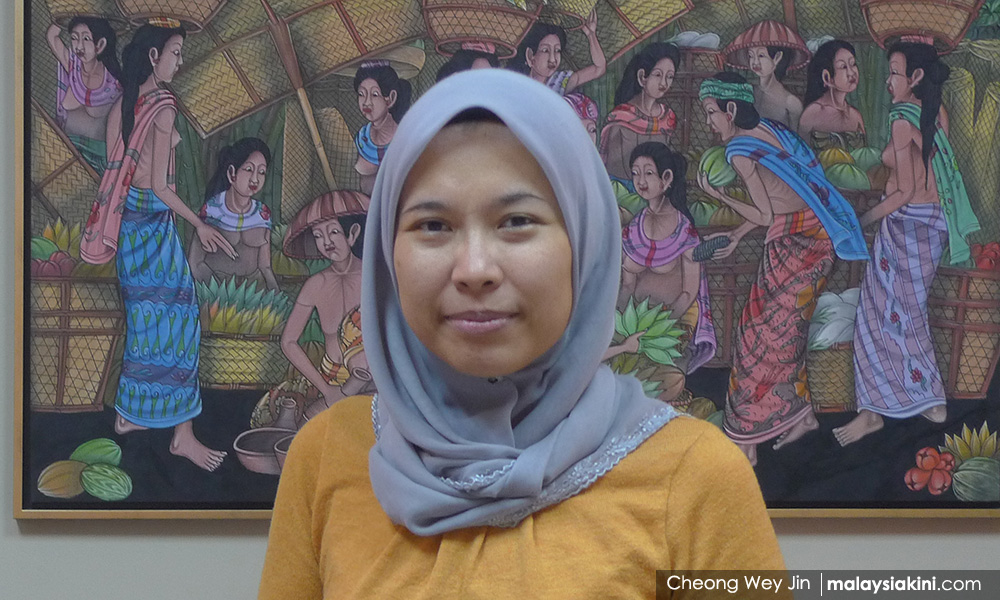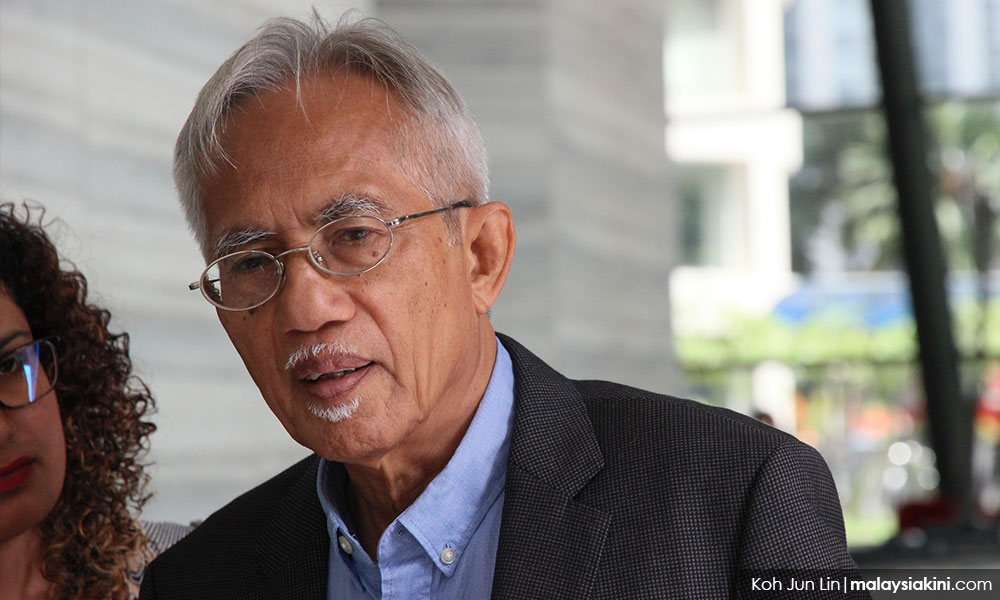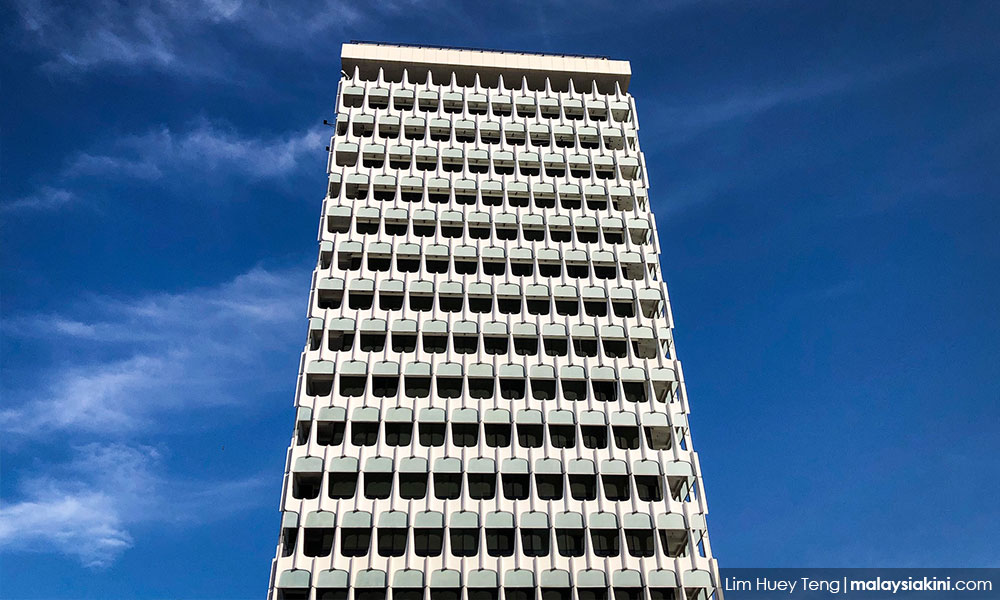Trump’s ‘America First’ philosophy has created a less stable world
by Dr.Fareed Zakaria

President Trump has seemed largely uninterested in foreign policy. He got excited briefly when he thought he could win a Nobel Peace Prize and hyped the danger of an imminent North Korean attack — so that he could play the peacemaker. When it became clear that a deal was not to be had easily, Trump lost interest and scarcely mentions the subject anymore.
Beyond North Korea, his foreign policy has largely been one of subcontracting (a familiar style for a real estate developer). Middle East policy is farmed out to Israel and Saudi Arabia. The administration simply backs whatever those nations want. Policy toward left-wing regimes in Latin America — Cuba, Venezuela and Nicaragua — has been delegated to saber-rattlers such as national security adviser John Bolton and Sen. Marco Rubio (R-Fla.). The rest of Latin America is dealt with solely through the lens of immigration — in other words, subcontracted to senior policy adviser Stephen Miller.
The one common aspect of Trump’s foreign policy, however, has been that it has provoked a vigorous nationalist response abroad. Take China, where the government has gone on the offensive and denounced what it sees as the United States’ aggressive trade demands. Beijing’s state-controlled television network recently featured a commentary that tied U.S. tactics to previous foreign efforts to subjugate China. “If you want a trade war,” the anchor said, “we’ll fight you until the end. After 5,000 years of wind and rain, what hasn’t the Chinese nation weathered?” That clip, in addition to being aired on China’s main TV news channel, has been watched online more than 99 million times.
In Iran, the Islamic Republic has been able to withstand the economic storms caused by U.S. sanctions because it has been able to pin the blame on Trump’s anti-Iran strategy, not the regime’s economic mismanagement. Washington has always underestimated nationalism, especially in the case of Iran. Many of Iran’s foreign policy moves stem from its geopolitical position, not some fundamentalist Shiite ideology. Last year, Ardeshir Zahedi, who served as foreign minister under the shah, published an open letter to Secretary of State Mike Pompeo, essentially defending the Islamic Republic’s foreign policy. Iran’s nuclear program, it is worth recalling, began under the shah.
The manner in which the Trump administration deals with almost every country provokes a nationalist, anti-American response. One of the great achievements of U.S. foreign policy over the past 30 years was that Mexico had gone from being an anti-American, revolutionary country to a pro-American partner. In 2015, before Trump’s election, 66 percent of Mexicans had a favorable view of the United States, according to a Pew Research Center survey. By last year, that number had dropped to 32 percent. Confidence in the U.S. president plummeted in that same period from 49 to 6 percent.
The pattern recurs almost everywhere. In Canada, confidence in the U.S. president went from 76 percent in 2015 to 25 percent in 2018. In France it’s worse, from 83 percent under President Barack Obama to single digits under Trump. In fact, in the Pew report, which surveyed 25 countries, only two places expressed greater confidence in Trump than his predecessor: Russia and Israel.
Countries around the globe are becoming more assertive and anti-American, even ones that embrace Trump’s ideology. Hungarian Prime Minister Viktor Orban proudly says that he is building an “illiberal democracy” in his country. In recent years, he has destroyed democratic checks and balances, demonized immigrants (of whom there are few in Hungary) and mouthed anti-Islamic rhetoric. Shunned by Obama, Orban was warmly welcomed this week at the White House by Trump. And yet, Orban has rebuffed U.S. overtures and aligned with China and Russia when it has suited his purposes.
It makes perfect sense. In his 2017 speech to the U.N. General Assembly, Trump called for “a great reawakening of nations,” urging countries to use patriotism and self-interest as their guides in foreign policy. Trump’s north star has been a narrow conception of national interest, rejecting the idea that there are larger international interests and, by implication, denigrating the idea of cooperative, win-win solutions.
Well, Orban is simply doing what Trump urged, as are the Chinese, the Iranians and so many others. And since the United States is still the world’s leading power, and Trump’s style has been to be aggressive and undiplomatic, the easiest response is a nationalist, anti-American one, feeding public anger, stoking bad historical memories and locking countries into a win-lose mindset.
It is a world with more instability, less cooperation and fewer opportunities for the United States. And it is a direct, logical consequence of Trump’s philosophy of “America First.”
(c) 2019, Washington Post Writers Group



